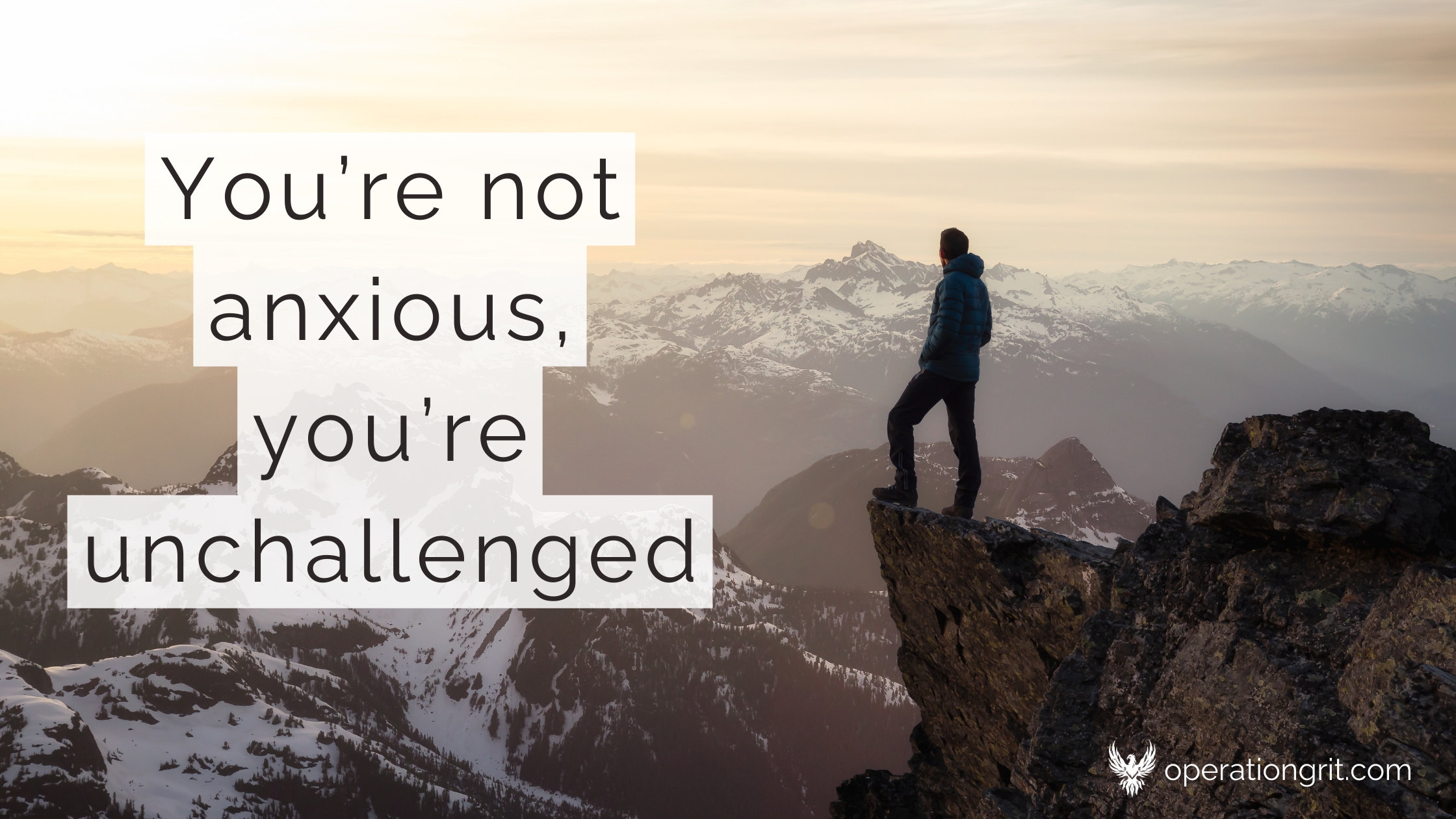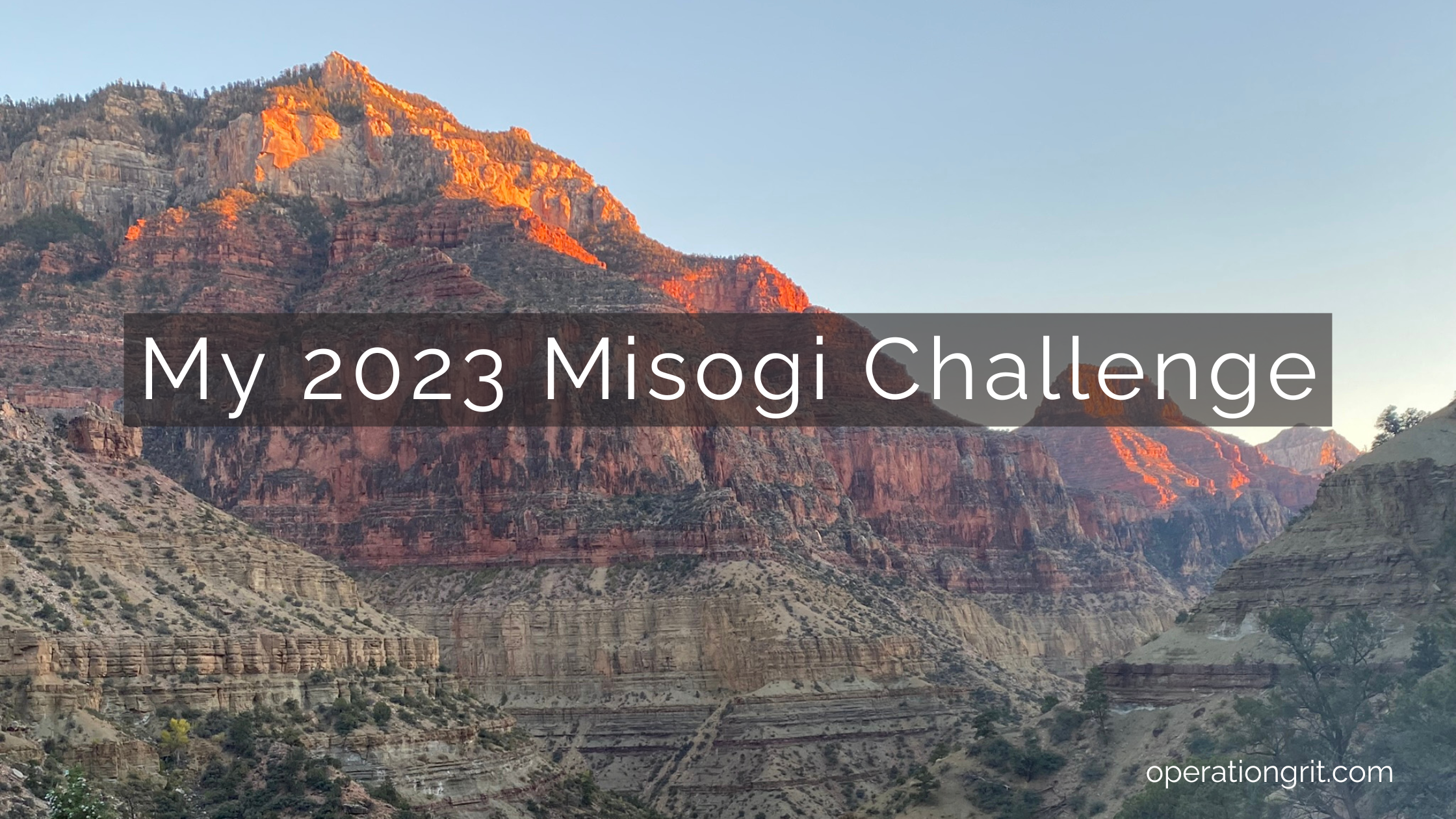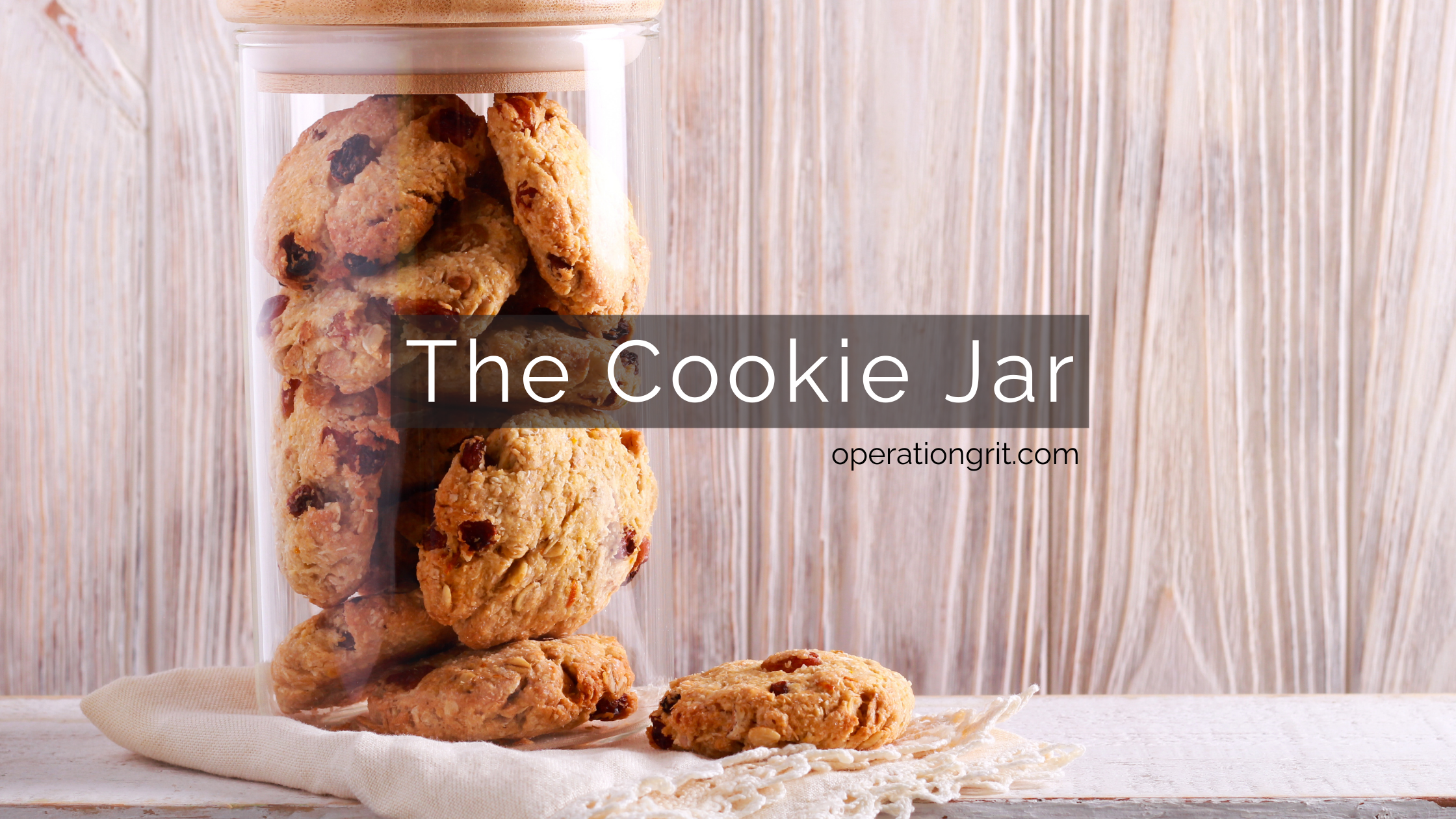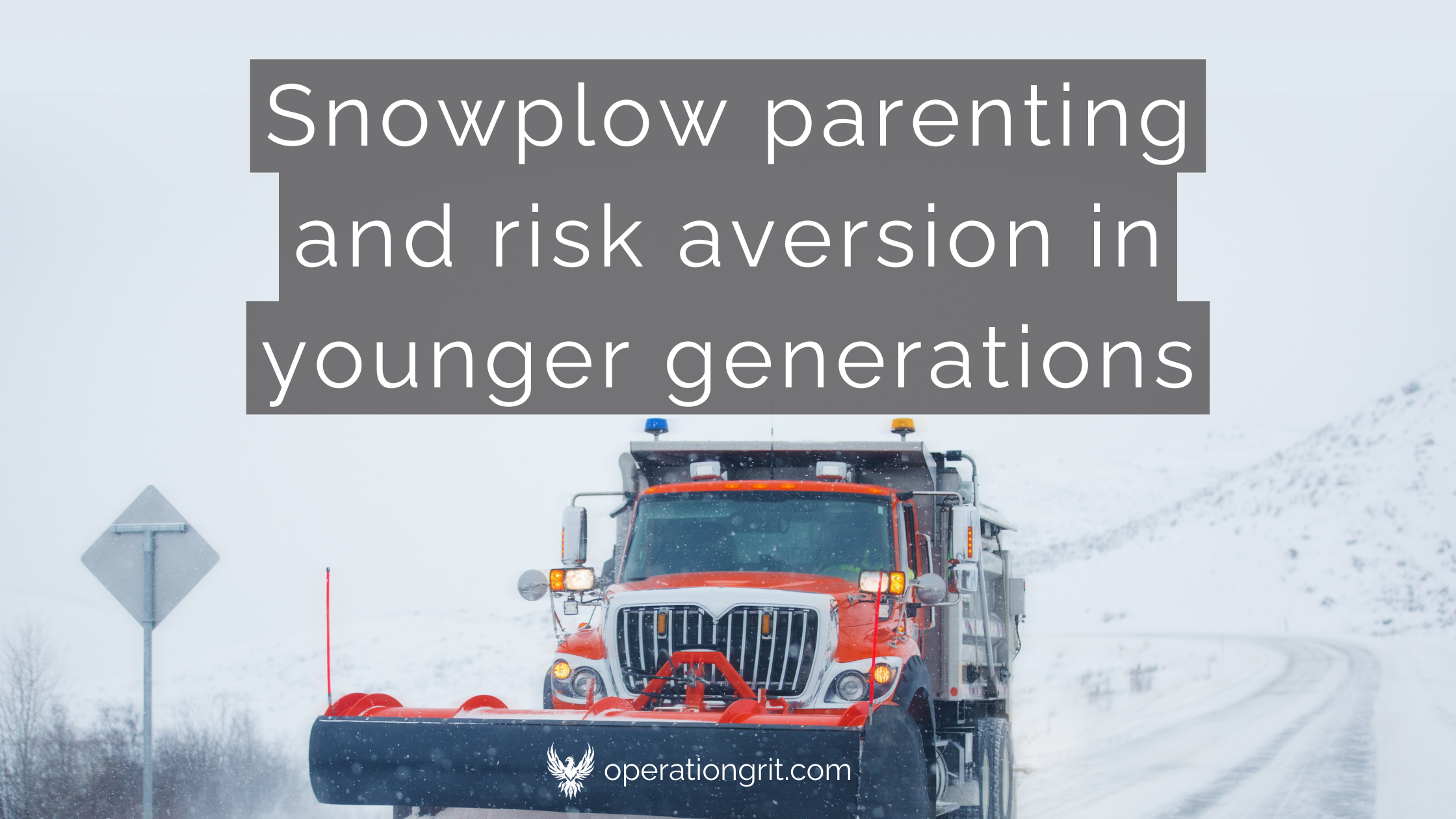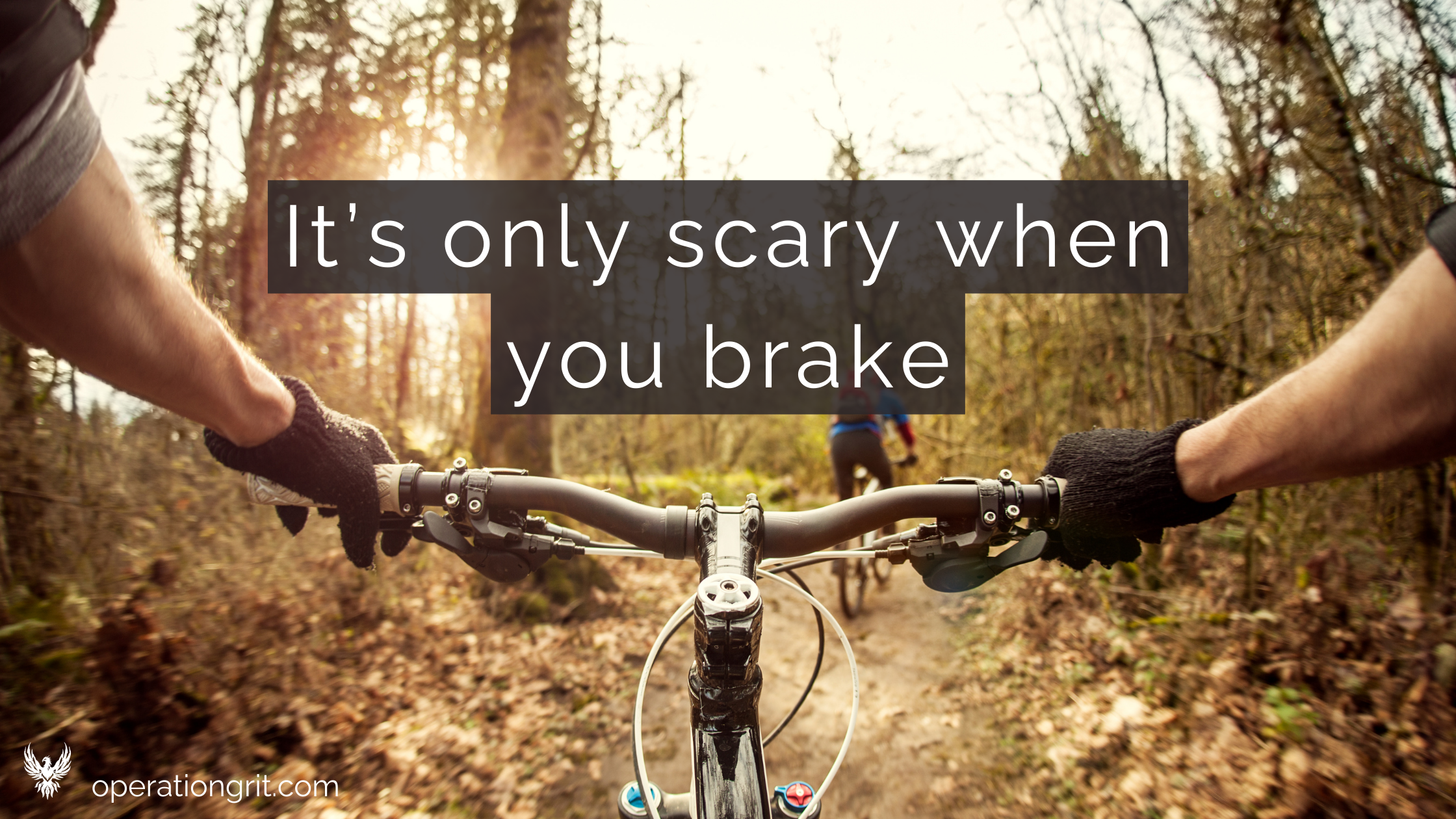In the modern world, we’re more comfortable than ever. Technology, convenience, and a culture that prioritizes ease have created an environment where discomfort is minimized at all costs. While convenience is nice, this constant state of comfort might be contributing to the rising levels of anxiety and mental health issues we see today. Could it be that our quest for comfort is actually making us more anxious? At Operation GRIT, we believe many of the anxieties people face today stem from a lack of real challenge and discomfort in their lives.
The Modern Comfort Crisis
In previous generations, daily life involved physical labor, face-to-face social interactions, and dealing with immediate threats and challenges. Our ancestors had to fend for their lives on a daily basis, evading physical threats, surviving extreme environments, and chasing down food. Today, our lives are drastically different. We spend hours sitting in front of screens, communicating mostly through digital means, and live in climate-controlled environments. We sleep on soft, cushioned beds, have access to emergency medical care, take warm showers, and are surrounded by high-calorie foods. In today’s society, people are infinitely more likely to die from lifestyle diseases caused by modern comforts than they are from predators, communicable diseases, or starvation.
While these advances have made life more convenient, they’ve also removed the physical and mental challenges that were once a regular part of human existence. And this may be a key contributor to the “culture of anxiety” we now seem to live in. Research supports this idea. A study published in Emotion found people who experienced frequent, minor stressors—such as exercise or voluntary exposure to cold—actually had better mental health than those who experienced fewer of those discomforts. This is because minor stressors help build resilience and the ability to cope with larger, more serious challenges.
The Link Between Comfort and Anxiety
Anxiety can often be traced back to a lack of exposure to real-life challenges. It’s a normal, healthy part of our stress response that’s designed to prompt us to take action. Anxiety doesn’t feel good, so it should cause us to act – in theory. But something has happened alongside the development of overwhelming modern comforts. With fewer actual, life-threatening stressors, we feel anxiety over everything. And rather than be prompted to action, people are increasingly paralyzed by anxiety. Our stress response system has gone haywire because our lives are too easy.
And listen, I’m not saying that things like economic slumps or relationship challenges aren’t stressors – they are. But they’re not the life-or-death, extreme challenges that humans were designed to handle. What I am saying is this: we’re rotting our comfort zones and anxiety is a side effect of this.
When we never face difficulty or discomfort, even minor stressors can seem overwhelming. Psychologist Jordan Peterson argues that humans are inherently equipped to handle significant challenges and threats, but when these are absent, we can become preoccupied with trivial issues. We’re not fighting for physical survival anymore, so we’ve become consumed with trivial stuff. We make mountains out of molehills because we actually crave hard things!!! The problem is, we’re looking in all the wrong places. Getting in word battles with trolls in the comment section is not the kind of challenge we need. In fact, engaging in pettiness just causes our mental health to deteriorate even more.
A study by the American Psychological Association found that stress levels are highest among Millennials and Generation Z, who are also the generations most accustomed to comfort and digital convenience. Coincidence? I think not. There is a link between the ease of modern life and increased anxiety.
The Benefits of Intentional Discomfort
At Operation GRIT, we advocate for incorporating intentional discomfort into your life as a way to build mental toughness and resilience against anxiety. This can take the form of daily rituals like intermittent fasting, cold showers, and high-intensity training, or more significant challenges like participating in an annual Misogi—a Japanese concept of undertaking a difficult and often extreme challenge to push your limits.
Research shows such practices can have profound effects on mental health. For example, intermittent fasting has been linked to improved mood and reduced anxiety. Cold exposure, such as cold showers or ice baths, has been found to reduce symptoms of depression and anxiety. High-intensity exercise is well-documented for its mental health benefits, including reducing anxiety and improving overall well-being. The common thread between all these tools is intentional discomfort.
Real-Life Transformation Through Challenge
Engaging in regular challenges not only reduces anxiety but can also transform your perception of yourself. When you push your limits and succeed, you gain confidence and a sense of accomplishment. This can lead to a more resilient mindset and the ability to handle life’s real challenges with greater ease.
Consider the stories of individuals who have participated in extreme physical challenges. Many report profound personal growth and a significant reduction in anxiety and stress. These experiences teach valuable life skills such as perseverance, grit, and the ability to remain calm under pressure.
Call to Action: Embrace Discomfort
If you find yourself feeling anxious and unfulfilled, it might be time to step out of your comfort zone. At Operation GRIT, we offer a variety of programs and challenges designed to push your physical and mental boundaries. By embracing discomfort, you can build the resilience and strength needed to navigate life’s obstacles with confidence and ease.
Start small with daily rituals of discomfort, such as intermittent fasting or high-intensity workouts. Gradually increase the intensity and frequency of these challenges. Consider participating in a Misogi or another significant physical challenge to truly test your limits.
By incorporating these practices into your life, you can reduce anxiety, build resilience, and become the best version of yourself. The key to overcoming anxiety is not to avoid discomfort but to embrace it. By engaging in intentional discomfort, you can transform your anxiety into resilience.
Sources:
Seery, M. D., Holman, E. A., & Silver, R. C. (2010). Whatever does not kill us: Cumulative lifetime adversity, vulnerability, and resilience. Emotion, 10(3), 521-529.
Epel, E. S., Crosswell, A. D., Mayer, S. E., Prather, A. A., Slavich, G. M., Puterman, E., & Mendes, W. B. (2018). More than a feeling: A unified view of stress measurement for population science. Frontiers in Neuroendocrinology, 49, 146-169.
Peterson, J. B. (1999). Maps of meaning: The architecture of belief. Routledge.
American Psychological Association. (2018). Stress in America: Generation Z. Retrieved from https://www.apa.org/news/press/releases/stress/2018/stress-gen-z.pdf
Antoni, R., Johnston, K. L., Collins, A. L., & Robertson, M. D. (2017). The effects of intermittent energy restriction on indices of cardiometabolic health. Research in Endocrinology, 2017, Article ID 4641735.
Shevchuk, N. A. (2008). Adapted cold shower as a potential treatment for depression. Medical Hypotheses, 70(5), 995-1001.
Herring, M. P., O’Connor, P. J., & Dishman, R. K. (2010). The effect of exercise training on anxiety symptoms among patients: A systematic review. Archives of Internal Medicine, 170(4), 321-331.

